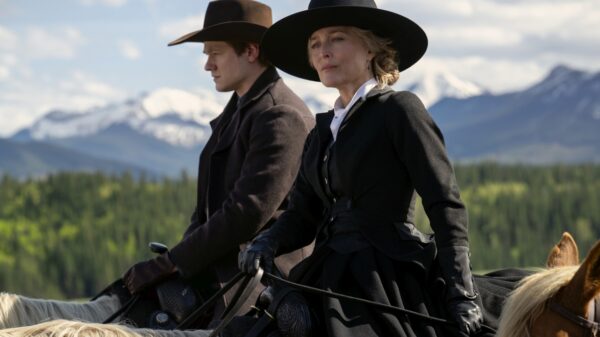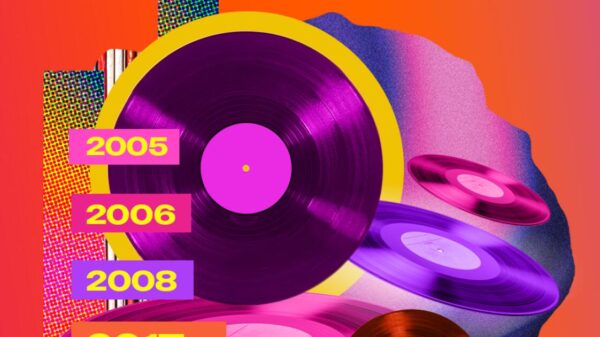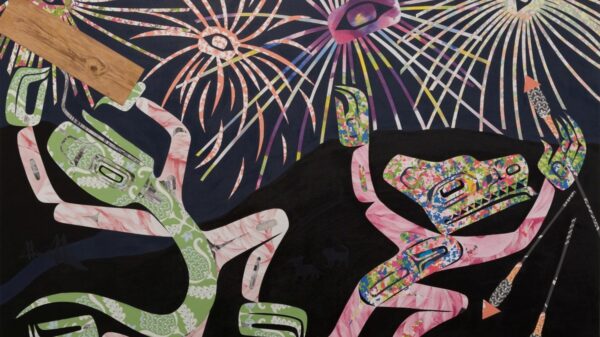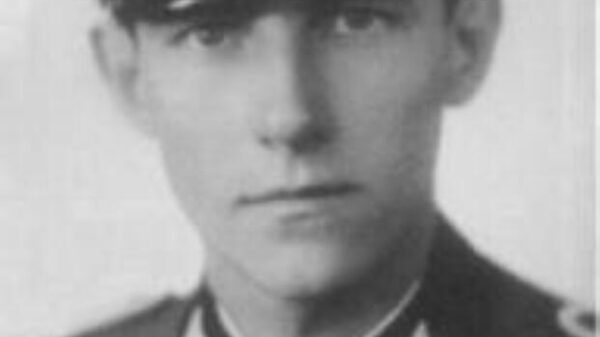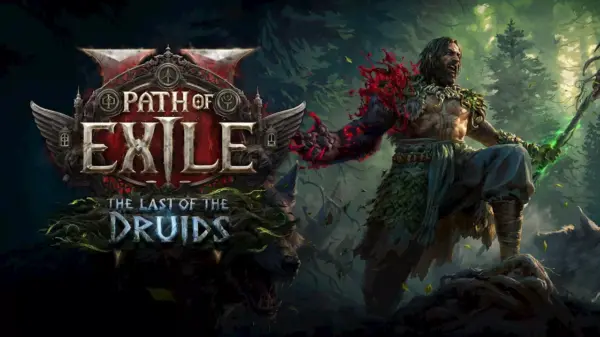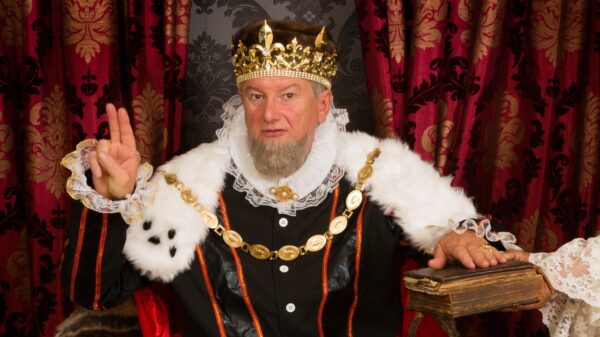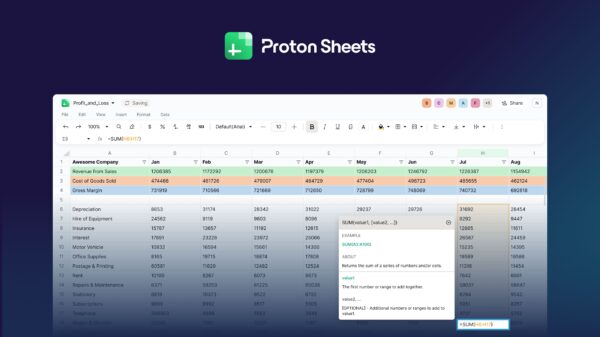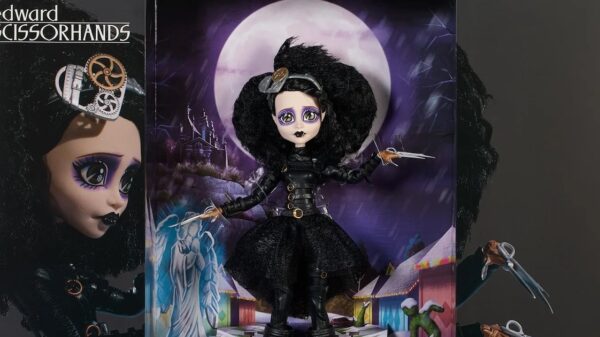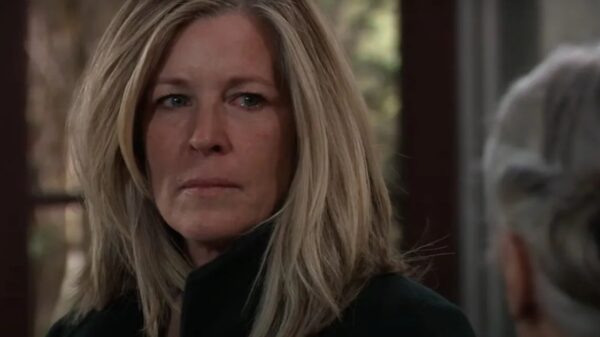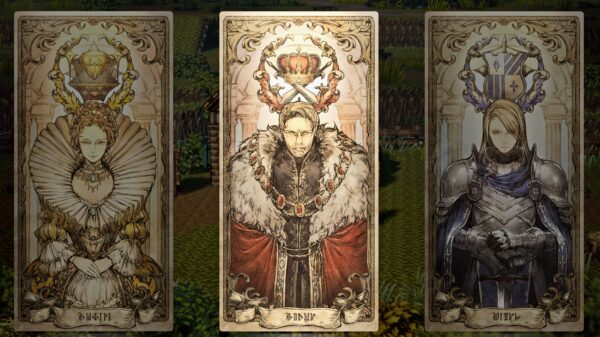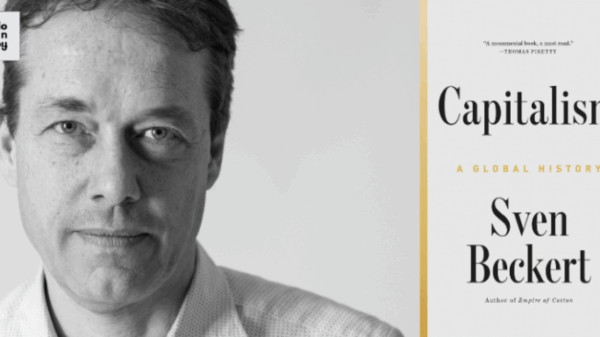George Brooks Veikoso, known to fans around the world as Fiji, died on October 18, 2023, in Suva, Fiji, surrounded by his family. The towering Polynesian vocalist was 55 years old at the time of his passing. Despite his well-documented health struggles in recent years, Veikoso continued to perform, often taking the stage seated but still delivering the rich, emotive vocals that endeared him to fans.
The official cause of death has yet to be disclosed. Longtime friend and fellow musician Jeff Rasmussen remembered Veikoso as a dedicated performer who faced significant health challenges throughout his life. “We used to joke that we’d limp through the stages together,” Rasmussen recalled. Despite the pain he endured, Veikoso’s passion for music never waned. “He worked hard all his life — he never rested. It was always music,” he added.
Born on May 10, 1970, just months before Fiji gained independence from British colonial rule, Veikoso took pride in his roots, which became central to his artistic identity. He left his homeland at the age of 14, making his way through Hawaii before moving to Los Angeles. However, he returned to Hawaii within a year and began to cultivate his musical career.
Rise to Stardom
Veikoso’s early experiences in Hawaii were humble. He performed with the local group Par Three at a Kailua restaurant called Someplace Else and participated in talent nights at Fast Eddie’s, a popular nightclub. His big break came in the early 1990s when he joined the Hawaiian Style Band, where he gained recognition for his powerful voice and commanding stage presence.
His solo debut, “Evolution,” released in 1994, marked him as a major talent in local music. This was followed by the hit album “Born & Raised” in 1997, which solidified his status as a star. In 1998, he won two major awards at the Na Hoku Hanohano Awards, including Male Vocalist of the Year and Favorite Entertainer of the Year, as voted by both industry professionals and the public.
Veikoso continued to release music prolifically over the next two decades, with his sound blending reggae, R&B, hip-hop, and traditional Pacific influences. His work helped expand and redefine the “Jawaiian” genre, and as a songwriter and producer, he set new standards in local music. “He was a gentle giant — mellow and soft-spoken, but brilliant with music and lyrics,” said Vincent Mendoza, a longtime friend and collaborator.
A Cultural Ambassador
Veikoso was acutely aware of how local music often mirrored Jamaican reggae without adequately representing Indigenous voices in the Pacific. He advocated for music that honored these identities, helping to shift the scene toward original, homegrown sounds. His 2002 arrangement of “He Aloha Mele” for sumo champion Konishiki was a genre-bending breakthrough, incorporating Hawaiian and Pacific Island languages, traditional instruments like the Tahitian banjo, and a driving techno-pop beat.
Throughout his career, Fiji toured extensively and collaborated with numerous artists. He served as a mentor to many up-and-coming musicians across the Pacific and was credited with paving the way for Polynesian voices in mainstream island music. His ability to prove that deep cultural roots could coexist with commercial appeal made him a significant figure in the music industry.
“We’re shocked and very sad,” Mendoza stated. “He was so young. A legend was lost — an icon and an ambassador for our culture.”
Before signing to a record label, Veikoso immersed himself in Hawaii’s vibrant nightlife and music scene. Musician John Valentine recalled seeing the young talent regularly at The Love Notes show at the Sheraton Waikiki in the early 1990s. “He used to come and watch us perform. One night I invited him to sing with the band, and he just kept coming back,” Valentine reminisced.
Eventually, Veikoso auditioned and impressed the band with his talent. “He was overqualified,” Valentine said. “He could sing, he could dance. I said yes right away.” Valentine also remembered Veikoso’s warm demeanor, saying, “He was a sweetheart, always smiling and always in a good mood. He wasn’t a ‘star’ kind of guy — he was very humble.”
Fiji’s legacy as a musician will continue to resonate through the hearts of his fans and the many artists he inspired throughout his remarkable career.


